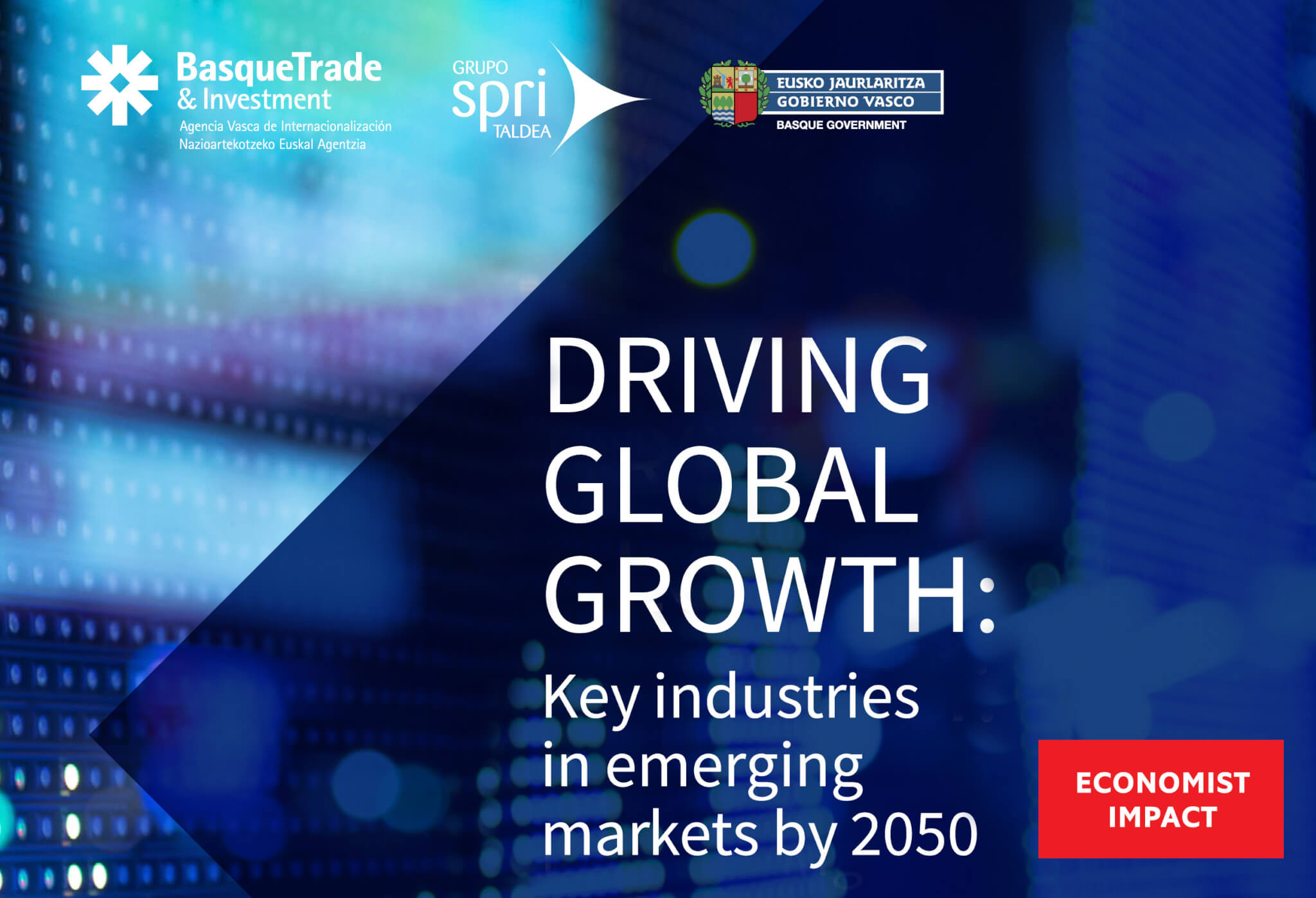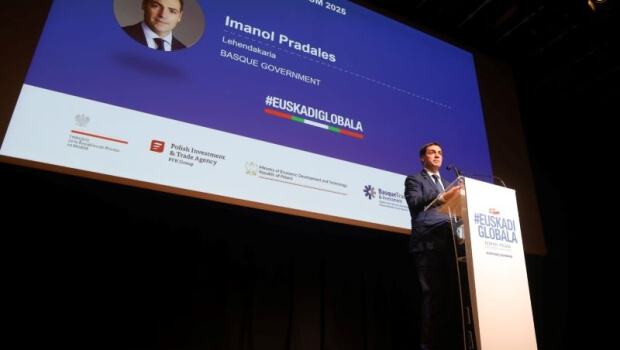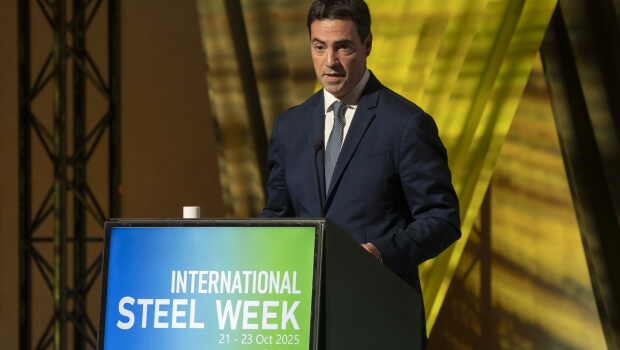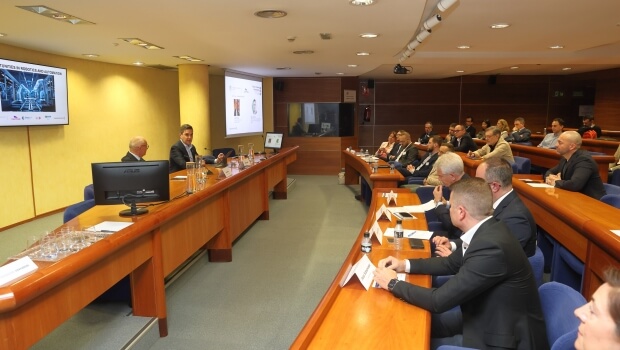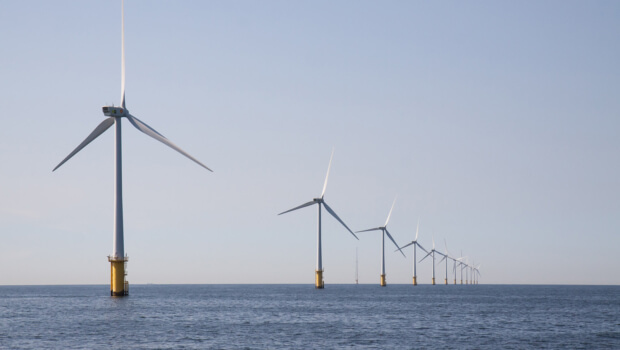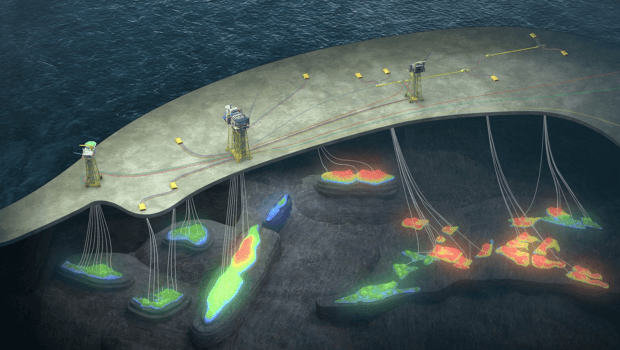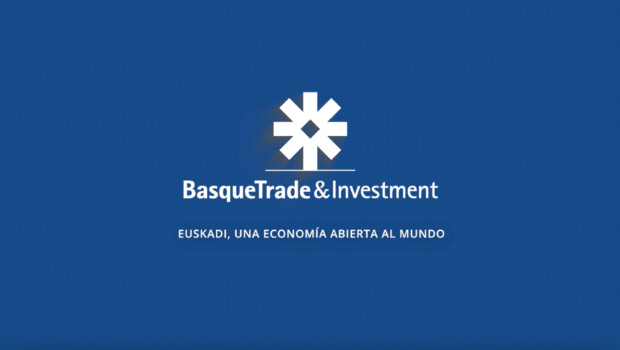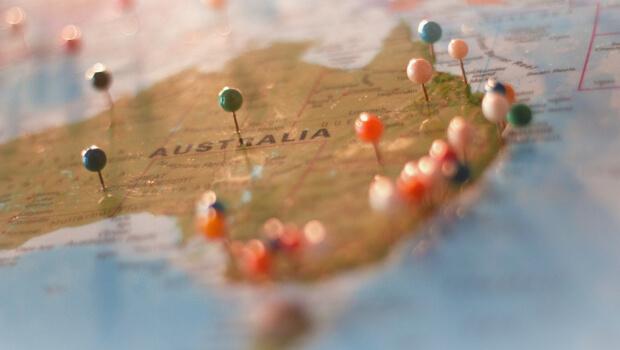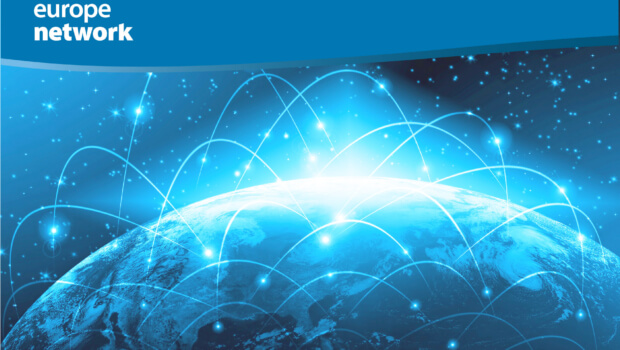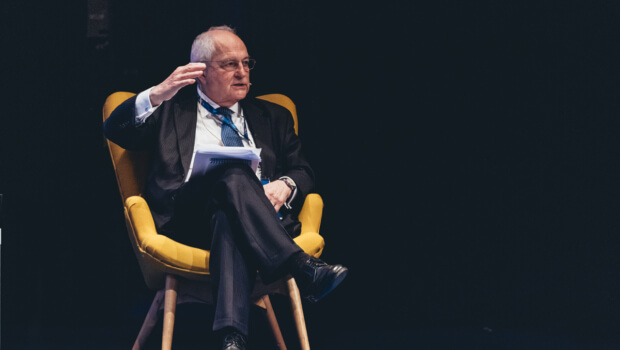Download the report on key industries in emerging markets by 2050: DRIVING GLOBAL GROWTH.
The Economist, the prestigious weekly English-language edition that covers international relations and economic news from a global perspective, has prepared a report on world growth, analyzing the emerging markets for the year 2050, a list headed by China, India and Indonesia, as well as Mexico, Brazil, Vietnam and Bangladesh.
The Media’s expert team uses political and journalistic research to analyze the global socio-economic impact, forecast and provide possible model scenarios for businesses. In the document published last week, it estimates that China’s economy will reach $93 trillion, the largest in the world, followed by the United States, India, Germany and the United Kingdom.
In line with the forecasts shared aboard the recent edition of ‘Mundura Begira’, the predictions state that the dominant economies will have their epicenter in Asia. The sectors that are likely to drive economic growth, will be those that are quick to adopt technologies such as high-speed Mobile Internet, Artificial Intelligence and Big Data analytics, Cloud systems, Blockchain, Biotechnology or IoT -Internet of Things- among others. The adoption of these technologies will also make other sectors grow, such as Finance, Agriculture and those related to Health and sanitary systems.
These are not unfamiliar environments for the Basque business ecosystem, which has already focused its strategies in key areas aimed at building the future of the global economy: Energy and Climate, Technology and Digitalization, Health and Social Care: the Basque Country, as reminded by Councilor Arantxa Tapia, is one of the most open economies in Europe and its more than 5,000 exporting companies are aligned with the institutions in the common interest for a model of economic development that is committed to sustainability as a lever of competitiveness.
That’s right, Climate Crisis and Sustainability are issues that finally seem to concern and occupy most countries. In the Basque Country we have been acting on these issues for years and in a determined manner; we do not see it impossible to reach the “net zero” that the Basque Government has proposed for 2050, reducing indirect carbon emissions in all possible scenarios of economic and social life.
Among the impacts of the expected new order and its conjuncture, the industrial environment stands out; it could facilitate a move up the value chain for many emerging market manufacturers in the Automotive, Machinery and Robotics industries. Interesting opportunities are in sight for companies capable of ‘servitizing’ in the field of manufacturing production and also for companies that can competitively bring their R&D services to Asian markets.
As already expressed by the Director of BasqueTrade in the framework of ‘Mundura Begira’, “the time has come to look at Asia in a different way; we have to prepare ourselves for the opportunities in this region and Basque companies will have to make clear bets…”.
These and other conclusions that were already advanced in the event for the Internationalization of companies organized by the Basque Government through BasqueTrade of SPRI Group, can be consulted in detail in these links.
- Complete Report The Economist
- Summary of “Asia will drive global economic growth:
Opportunities and challenges for Basque companies”
